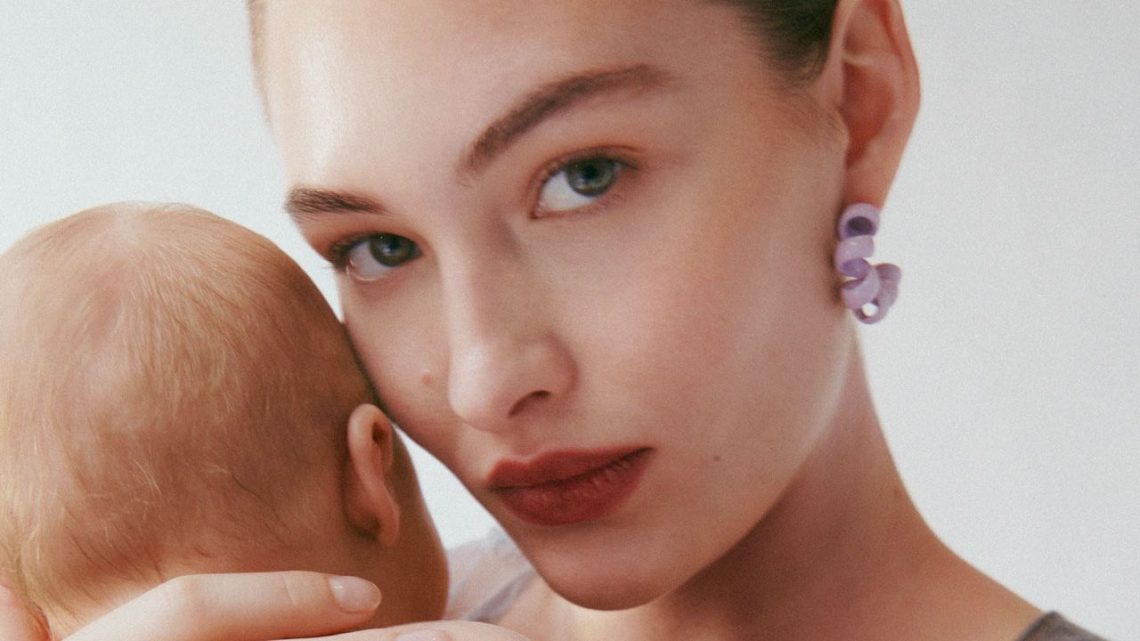
It’s Time We Redefined Postpartum Recovery For Mothers
All it took was a powerhouse woman to help reframe the narrative around postpartum recovery for mothers in Britain. Ex-investment banker, former commercial director of Farfetch (pre-IPO) and senior Gucci manager, Hiba Siddiqui, hit pause on a blockbuster career when she couldn’t shake the niggling feeling that she had been ill-equipped to take on the biggest role of her life: motherhood. “I had previously pulled a load of all-nighters and, after a pretty easy pregnancy and a straightforward delivery, felt really confident,” she shares. “But I was completely blindsided.”
Passionate that she had been “misled by society” – “Motherhood is so instinctive! Recovery is so normal! None of this is a big deal!” – Siddiqui, who is of Pakistani heritage, looked to Eastern culture to see what Westerners, who she believes are “thrown in at the deep end and left to sink, not swim”, could learn. The contrast, as we know, is vast. In China and Latin America, the first 40 days see mothers stay at home while family and close-knit community members care for both mum and baby. South Korea, meanwhile, hosts eight in 10 mothers in postpartum care centres called sanhujoriwon, where they can recover while learning the ropes of caring for a newborn. “I just couldn’t shake the need for this to exist here,” Siddiqui says.
Buoyed by the rise in open conversations around the realities of birth, particularly post-pandemic, she tried to circuit break Britain’s stiff upper lip mentality by creating the holistic care programme she wished had been available after having her son. The Tenth Wellness (referring to the 10th month of childbearing) is, admittedly, more luxury retreat than NCT course, but – with midwives, reflexologists, lactation consultants, therapists and sleep consultants on tap – what a way to ease into maternity leave should a person have the means.
“We’d love to have a lower price point and serve the whole market, but we wanted the best in class,” explains Siddiqui, who partnered with the Mandarin Oriental, for the all-inclusive packages that are not just “spa + babysitter”, but aimed at rebuilding strength, balance and clarity. Interestingly, it’s not just expats, birth tourists (who fly to the UK for its medical excellence) and the general one per cent who have booked in. Rather, myriad NHS patients choose to invest in after-care, rather than birth, for a well-rounded physical, mental and emotional approach to matrescence.
While most families take a detour home from the hospital via the hotel’s fifth-floor sanctuary, where guests check into a suite a few doors down from the 24-hour nursery, I find myself marching up to the Hyde Park behemoth with my by now 10-month-old son slung in the requisite Artipoppe. He is, subsequently, treated like a celebrity by the cohort of carers typically dedicated to latching and soothing, rather than navigating a crawler intent on touching everything. I had endlessly debated the idea of going, not wanting to deprive any other mother of those valuable nuggets of information in the early days, but Siddiqui’s team persuaded me that a moment of pause during any postpartum journey is valuable.